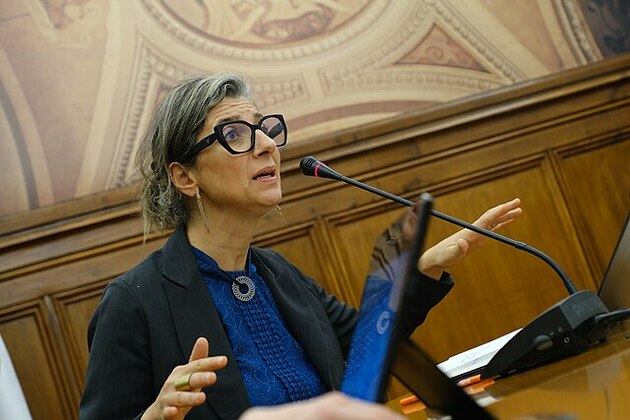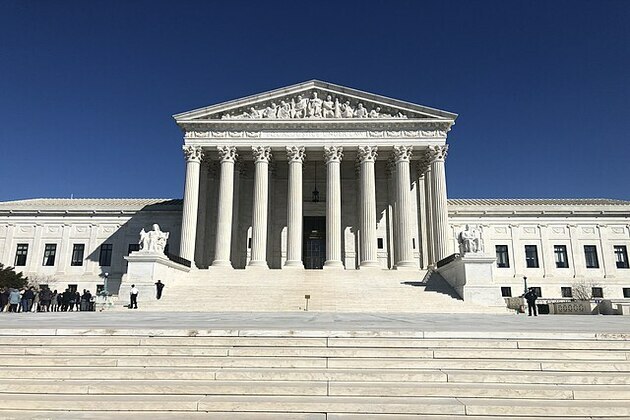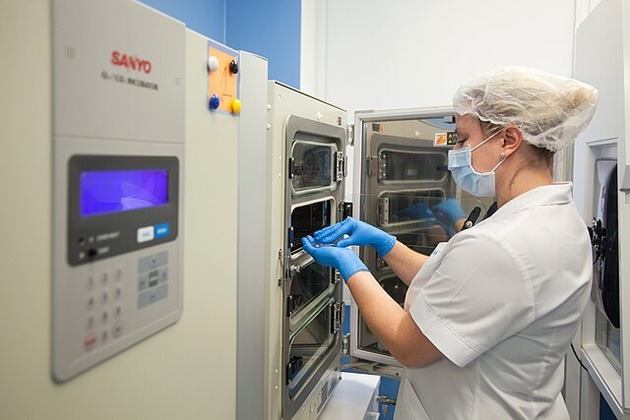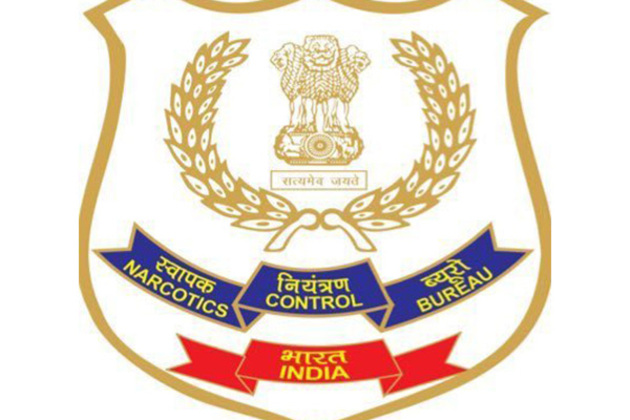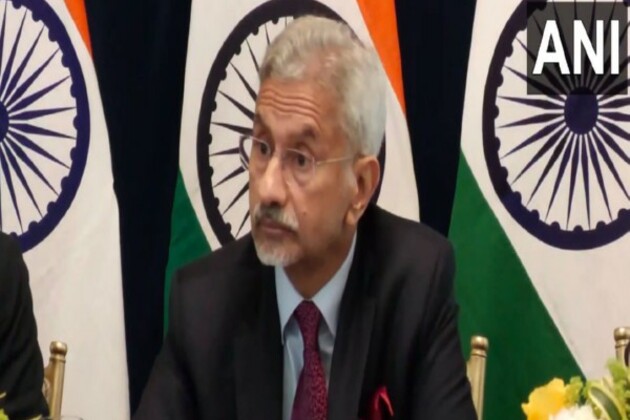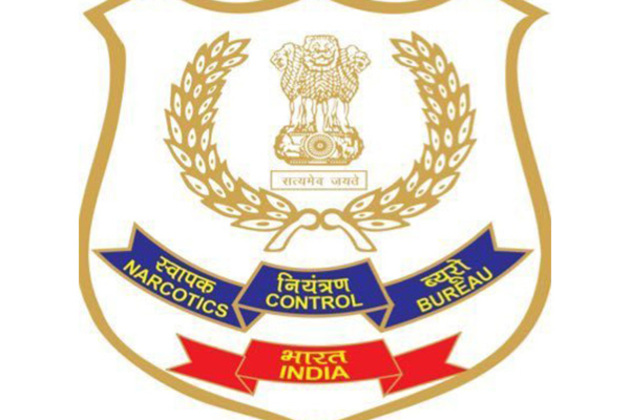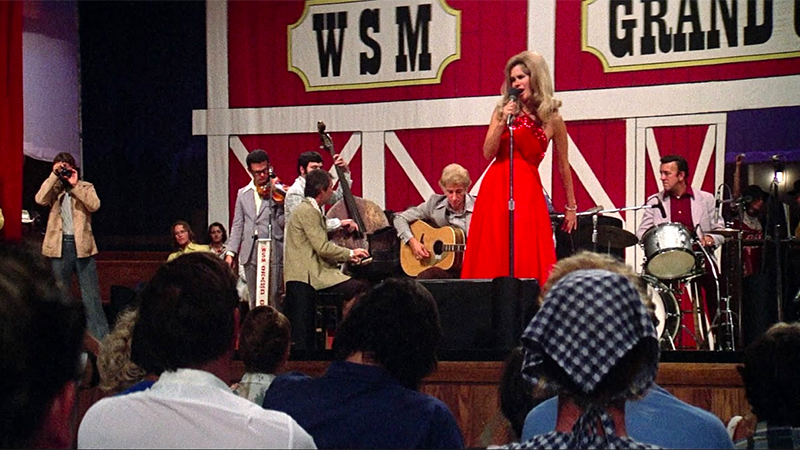CT scans to help Australian authorities detect trafficked wildlife
Xinhua
23 Sep 2022, 12:00 GMT+10

CANBERRA, Sept. 23 (Xinhua) -- Australia's government scientists have demonstrated that Computed Tomography (CT) technology can be used to detect wildlife being trafficked illegally in cargo.
In a study, researchers from the federal Department of Agriculture, Fisheries and Forestry (DAFF), Department of Climate Change, Energy, the Environment and Water (DCCEEW) and some other institutions used three-dimensional X-ray CT scanners for the use of wildlife protection for the first time, according to a media release from DAFF on Friday.
The team taught artificial intelligence (AI) algorithms to detect animals from the scan, achieving an 82-percent success rate for lizards, birds and fish, and a false hit rate of just 1.6 percent.
Chris Locke, deputy secretary of the DAFF Biosecurity and Compliance group, said the technology could complement existing human and canine biosecurity protection measures around the world.
"Illegal wildlife trafficking poses a significant biosecurity risk to Australia as it could introduce pests and diseases that could impact on the environment, as well as human and animal health," Locke said in the media release.
"This paper demonstrates the boundless potential the 3D X-ray algorithm has in helping to stop exotic wildlife from being trafficked, protecting Australia's agricultural industries and unique natural environment from exotic pests and diseases
"This innovative technology is an invaluable complementary platform to our existing biosecurity and wildlife detection tools at Australian international borders, with potential worldwide applications in the future."
According to the Australian Transaction Reports and Analysis Centre (AUSTRAC) there is a large international market for exotic Australian animals.
In a report on the illegal trafficking of Australian wildlife, it said international black market prices for reptiles can be up to 28 times higher than the domestic price.
It is illegal for any individual or business to export a living Australian native mammal, reptile or bird to another country for commercial purposes, with offenders facing up to 10 years in prison under the Environment Protection and Biodiversity Conservation (EPBC) Act.
"Taking animals from the wild poses risks to the species' conservation, local populations, habitats and ecosystems, and stopping wildlife from being trafficked into Australia protects our unique natural environment from exotic pests and diseases," Sam Hush, acting Assistant Secretary for Environment Compliance at DCCEEW, said.
"It is also extremely cruel. Smuggled animals often suffer stress, dehydration or starvation and many die during transit."
 Share
Share
 Tweet
Tweet
 Share
Share
 Flip
Flip
 Email
Email
Watch latest videos
Subscribe and Follow
Get a daily dose of Australian Herald news through our daily email, its complimentary and keeps you fully up to date with world and business news as well.
News RELEASES
Publish news of your business, community or sports group, personnel appointments, major event and more by submitting a news release to Australian Herald.
More InformationInternational
SectionOver 60 companies named in UN report on Israel-Gaza conflict
GENEVA, Switzerland: A new United Nations report alleges that dozens of global corporations are profiting from and helping sustain...
UK lawmakers desigate protest group as terrorist organization
LONDON, UK - Lawmakers in the United Kingdom have voted overwhelmingly to proscribe the direct-action group Palestine Action as a terrorist...
Dalai Lama to address Buddhist conference, reveal succession plan
DHARAMSHALA, India: The Dalai Lama is set to address a significant three-day conference of Buddhist leaders this week, coinciding with...
US Supreme Court backs Texas efforts to shield minors online
WASHINGTON, D.C.: In a significant ruling last week, the U.S. Supreme Court upheld a Texas law requiring age verification for users...
Turkey, France battle wildfires amid early Europe heatwave
ISTANBUL/PARIS/BRUSSELS: As searing temperatures blanket much of Europe, wildfires are erupting and evacuation orders are being issued...
Venetians protest Bezos wedding with march through the town
VENICE, Italy: Over the weekend, hundreds of protesters marched through the narrow streets of Venice to voice their opposition to billionaire...
Sydney
SectionUN Demands End to Myanmar Violence as Junta’s Election Plans Risk Further Instability
Nearly three months after a devastating earthquake struck Myanmar, the country remains trapped in a deepening crisis, compounded by...
Fresh IVF error raises alarm over clinic safety and oversight
MELBOURNE, Australia: A second embryo mix-up in just two months has pushed one of Australia's largest IVF providers back into the spotlight,...
Australian PM rejects US pressure to ease biosecurity rules
SYDNEY, Australia: Australia will not ease its strict biosecurity rules during trade talks with the United States, Prime Minister Anthony...
NCB busts global drug cartel using encrypted apps, crypto and B2B platforms
New Delhi [India], July 4 (ANI): In one of the largest crackdowns on the illegal pharmaceutical trade, the Narcotics Control Bureau...
"Issue of great concern": Jaishankar on South China Sea
Washington DC [US], July 3 (ANI): External Affairs Minister S Jaishankar said that the South China Sea was discussed during the Quad...
NCB busts global drug cartel, eight arrested
New Delhi [India], July 3 (ANI):Union Home Minister Amit Shah has congratulated the Narcotics Control Bureau (NCB) and all agencies...

